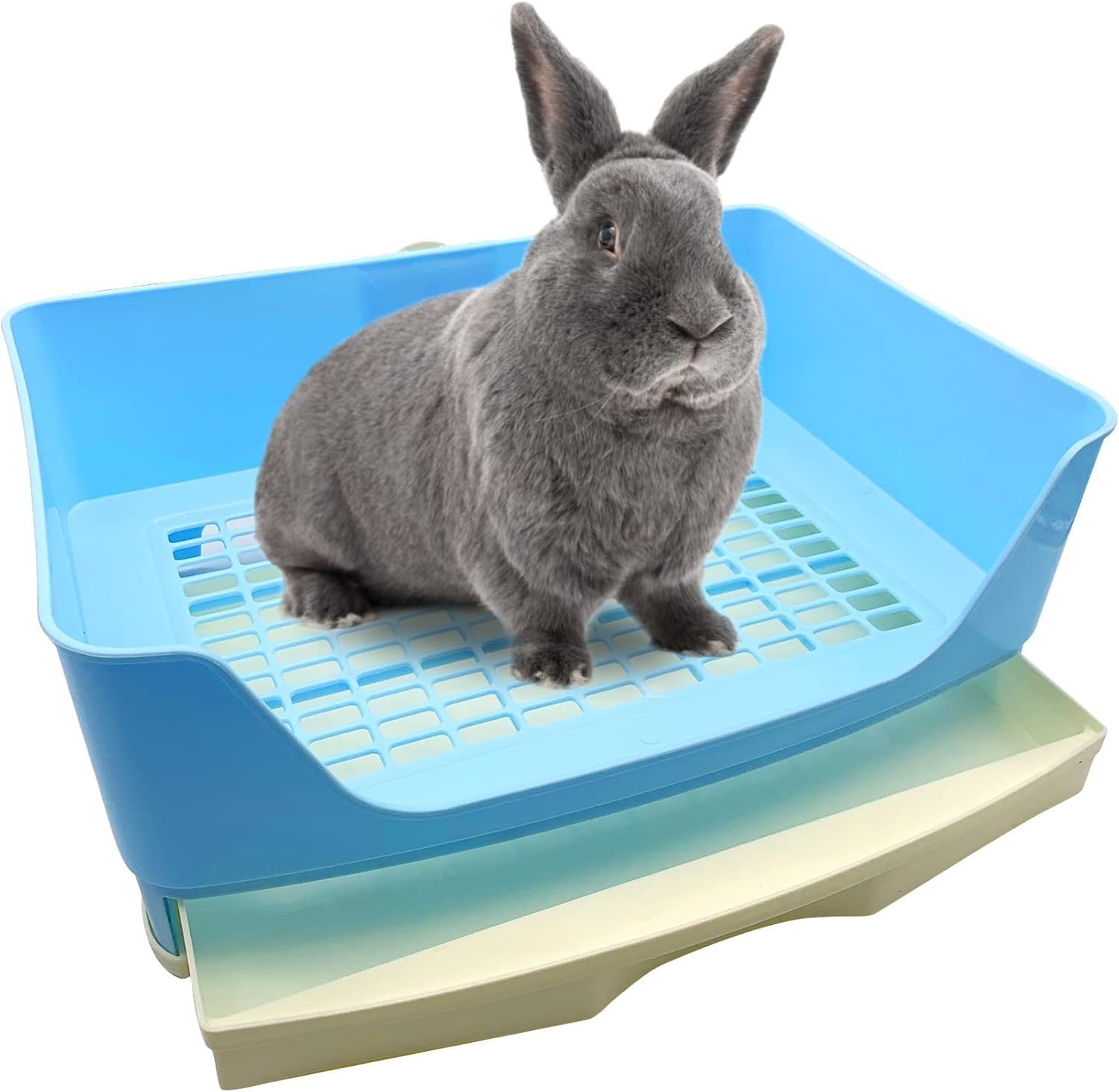What is the best bedding for small animals?
The best bedding for small animals depends on their species and specific needs. Wood shavings, paper-based bedding, straw, and hay are commonly used. Wood shavings offer good absorbency, paper-based bedding is dust-free, and straw and hay provide natural and soft bedding options. It's important to avoid using cedar or other aromatic woods as they can be harmful to the respiratory system of small animals.
How often should I change the bedding for my small animal?
It is recommended to clean and change the bedding for small animals regularly. The frequency can vary depending on the specific needs and habits of the animal, but generally, it is advisable to change the bedding every 1-2 weeks or as needed. Regular cleaning helps maintain a clean and hygienic living environment for your pets.
Can I use cat litter for small animals?
Cat litter is not recommended for small animals as it may contain chemicals or additives that can be harmful if ingested or come into direct contact with their skin. It's best to use litter specifically designed for small animals, such as paper-based litter, wood pellet litter, or recycled paper litter.
Why is litter important for small animals?
Litter is important for small animals as it provides a designated spot for waste, making cleaning easier and more efficient. It helps control odors and absorbs moisture, keeping the enclosure clean and odor-free. Using litter also helps mimic the natural behavior of small animals, who tend to have specific areas for urination and elimination.
How do I maintain a clean bedding and litter area for my small animal?
To maintain a clean bedding and litter area for your small animal, it is important to: 1. Regularly clean and replace bedding to prevent waste buildup and odors. 2. Scoop out soiled litter and add fresh litter as needed. 3. Keep the bedding area dry and well-ventilated. 4. Avoid using harsh chemicals or cleaning agents that may be harmful to small animals. 5. Observe your pet's behavior and adjust the type of bedding or litter as necessary.
What are the signs of unhealthy bedding or litter for small animals?
Signs of unhealthy bedding or litter for small animals include foul odors that persist even after cleaning, mold or excessive moisture in the bedding, and visible signs of contamination or pests. Regular monitoring and cleaning are essential to prevent any potential health issues for your small animal.
Is it necessary to use bedding and litter for small animals housed in cages?
Yes, it is necessary to use bedding and litter for small animals housed in cages. Bedding provides comfort, absorbs waste, and helps control odors. Litter provides a designated spot for waste, making cleaning easier. Both bedding and litter contribute to a clean and healthy living environment for small animals.
Can small animals be allergic to certain types of bedding or litter?
Yes, small animals can be allergic or sensitive to certain types of bedding or litter. It's important to observe your pet's behavior and any signs of discomfort or respiratory issues when introducing new bedding or litter. If allergies or sensitivities are observed, it's best to consult with a veterinarian to find the most suitable alternative.
What are the benefits of natural straw and hay as bedding for small animals?
Natural straw and hay make excellent bedding options for small animals. They provide a soft and comfortable surface for resting, burrowing, and nesting. Straw and hay also allow small animals to exhibit natural behaviors, such as foraging and nesting. However, it's important to regularly clean and replace straw or hay bedding to maintain hygiene and prevent moisture buildup.


















































